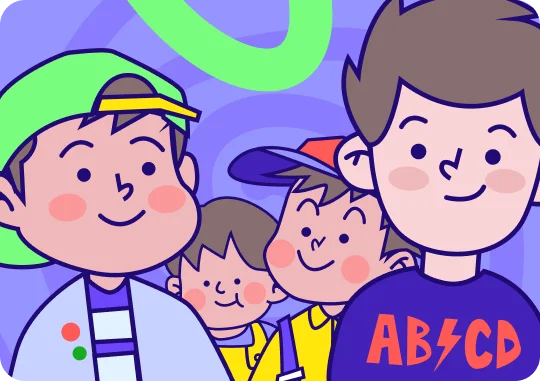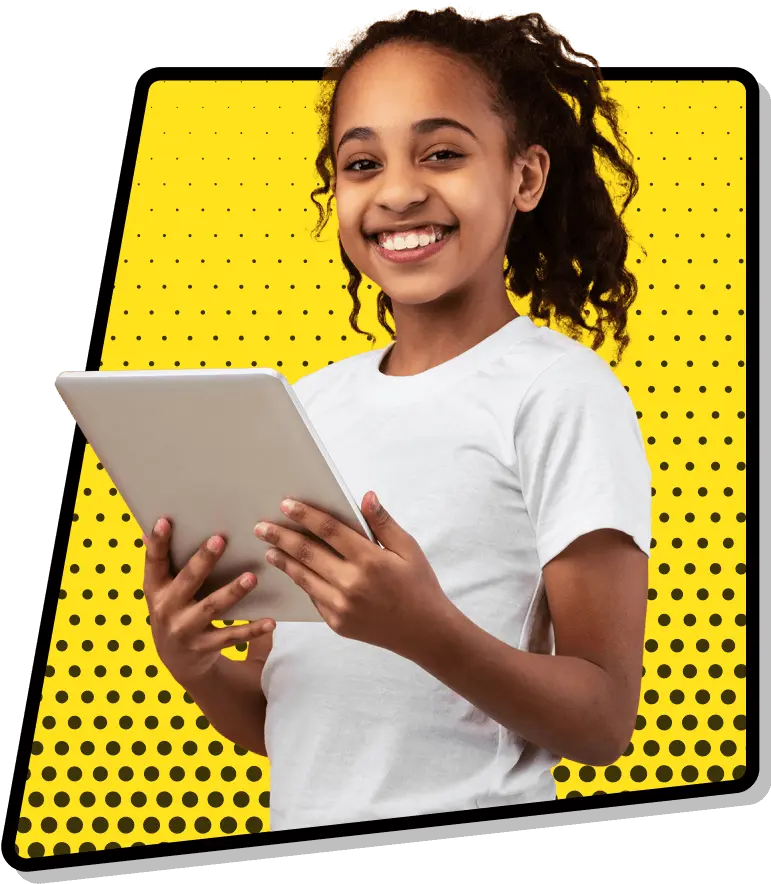Cookies help us make Novakid better for you
Cookies are like the sprinkles on an ice cream sundae: they make the whole experience even better.
We and our partners use cookies and similar technologies to improve your experience, personalize content and ads, and analyze our traffic. By clicking ‘Accept cookies’ you agree that your personal data and cookies may be used for ad personalization, including sharing with Google. For more information, read our Privacy policy and Google’s Privacy & Terms.
You can personalize your choices by clicking on 'Cookie settings'.
Cookies help us make Novakid better for you
Cookies are like the sprinkles on an ice cream sundae: they make the whole experience even better. Our goal is to make Novakid the best online platform for learning English. So as you use our website, go ahead and enjoy the cookies — they're good for you!
We and our partners use cookies and similar technologies to improve your experience, personalize content and ads, and analyze our traffic. By clicking ‘Accept cookies’ you agree that your personal data and cookies may be used for ad personalization, including sharing with Google. For more information, read our Privacy policy and Google’s Privacy & Terms.
You can personalize your choices by clicking on ‘Cookie Settings’.







